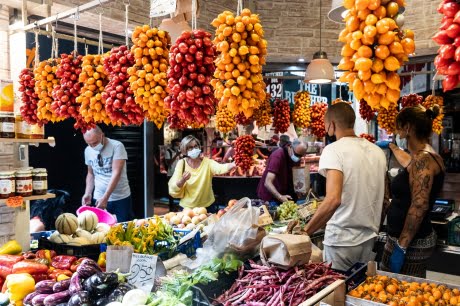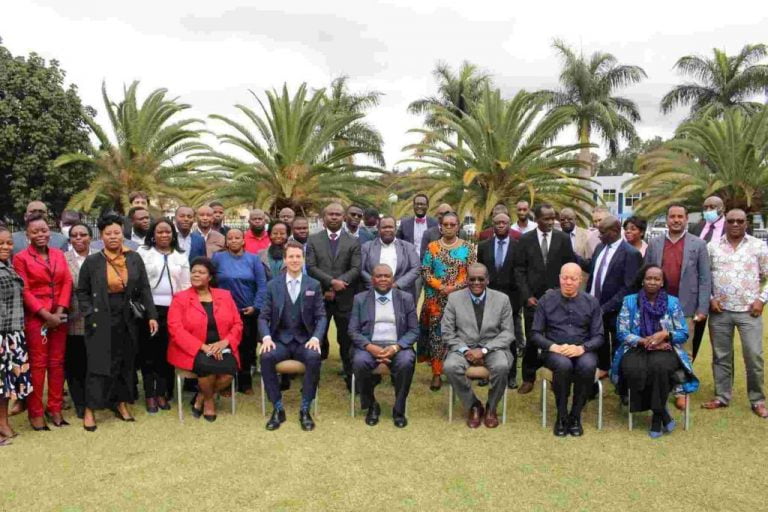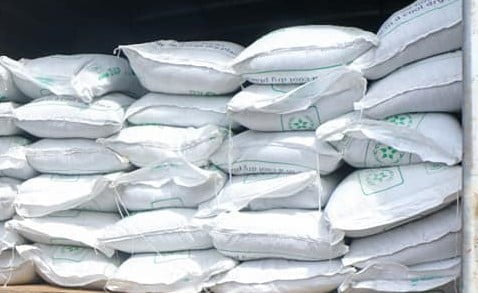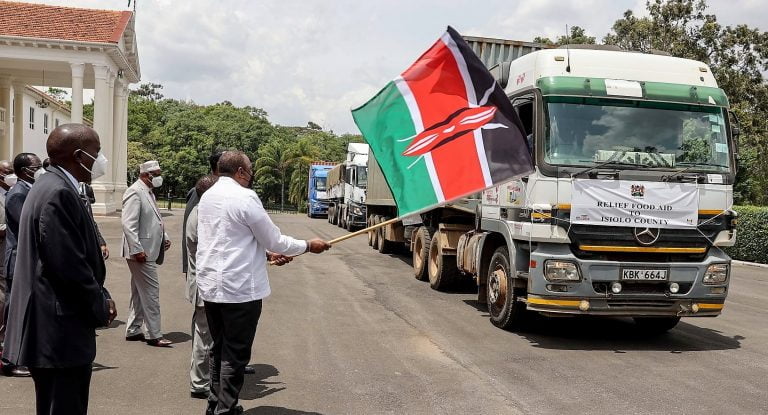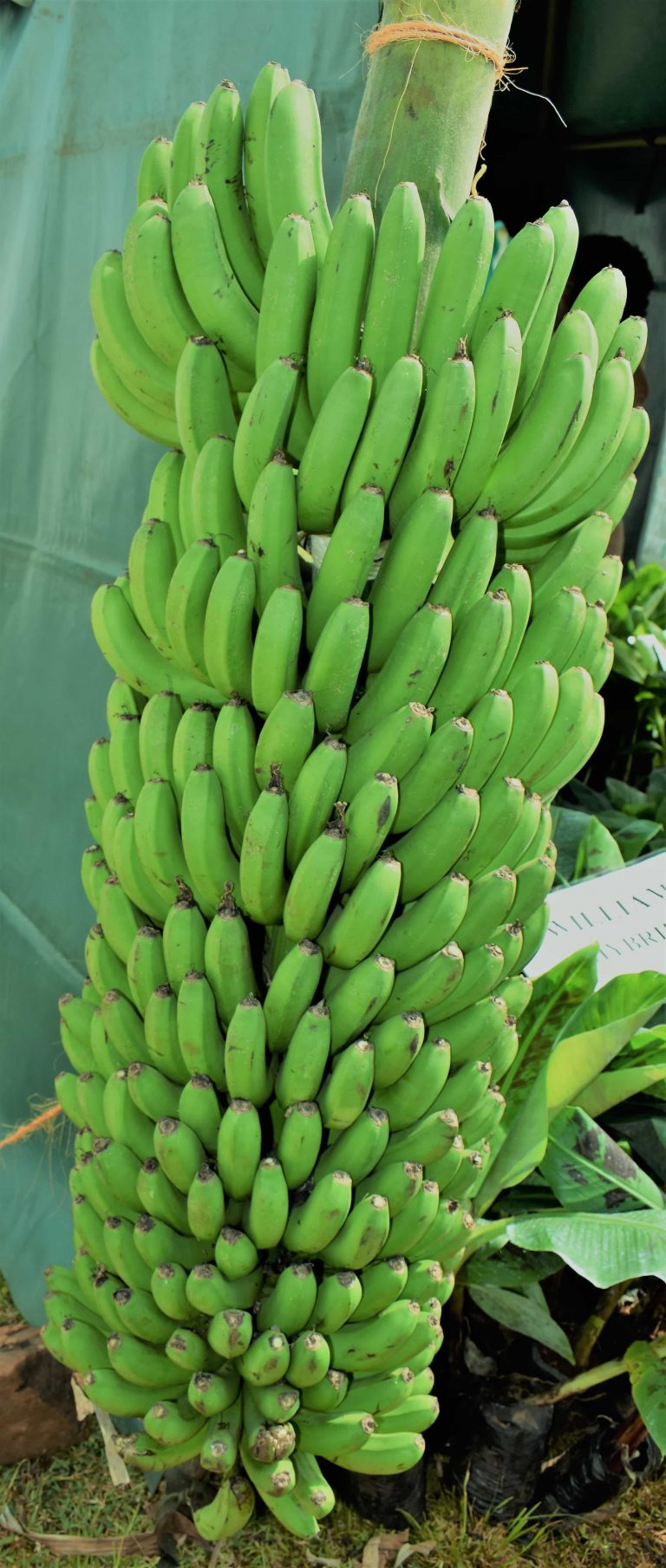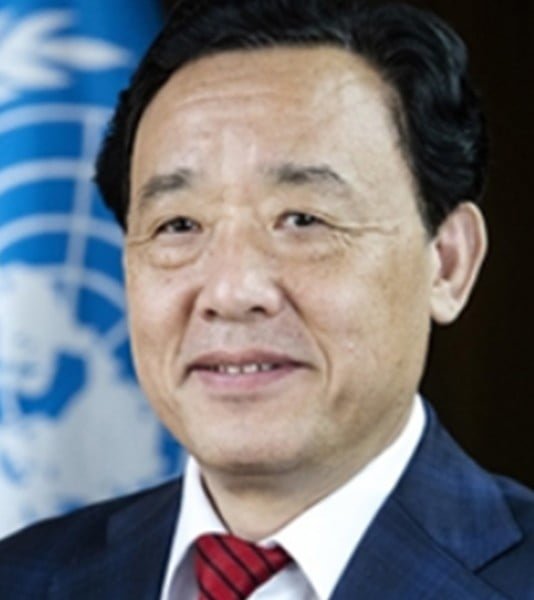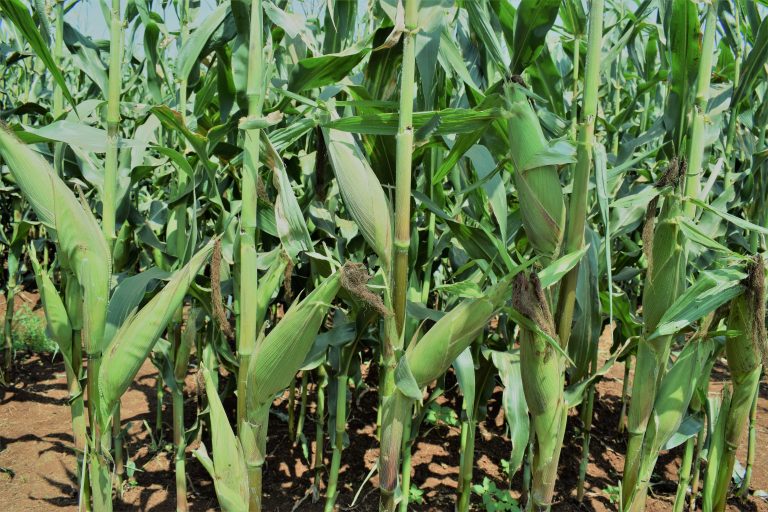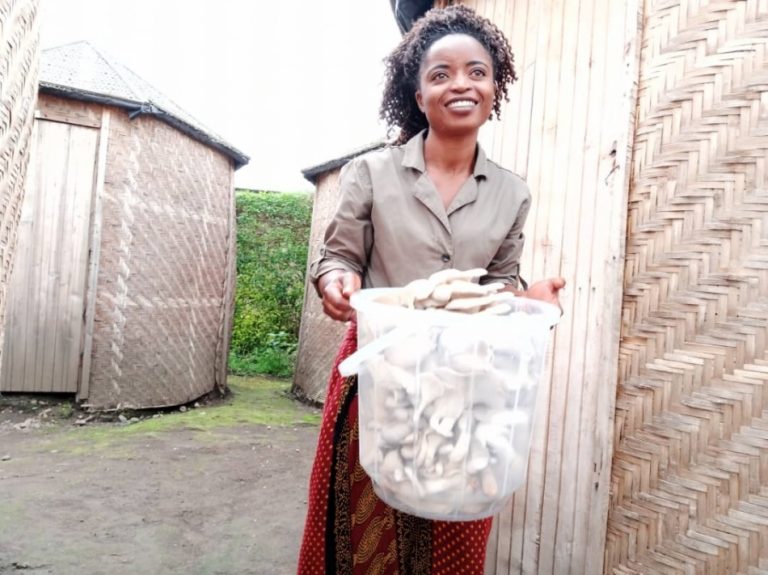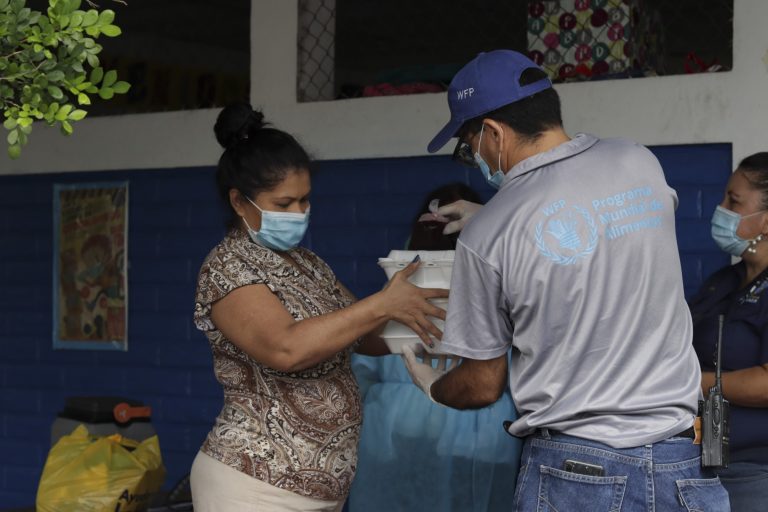By Brian Gicheru
“Mombasa county second phase feeding programme has resumed, kindly let us meet tomorrow to assist in food distribution”
That was a text message sent to volunteers in Mombasa county assisting to distribute food to their fellow 227,000 food-insecure residents under the county feeding programme.
A few meters from my house is another feeding station under Mombasa Cement Company where in my rough estimations, close to 5,000 people flock every day to get a bottle of juice and bread. Most of these people cover long distances from as far as Likoni to access their only meal in a day.
If you add up all these feeding programmes, the conclusion is that close to a third of Mombasa county population are receiving some kind of food donation, or in a blunt language, it specifically means that they are being fed. Not because they are lazy or they enjoy it, but because the sweeping wave of joblessness and foundering economy has ensnared them to a nutrition-based poverty trap.
Covid-19 has exposed a fault line in the rural-urban food supply as lockdowns and movement restrictions were being effected. It has shown how weak our urban food systems are and if decisive actions are not taken, more urban people might slump into the rut of being fed by charities and governments which is not a guarantee to eat.
A recent survey by the International Center for Tropical Agriculture (ICTA) on impacts of covid-19 on diets of poor Africans reported that 90% of households in Nairobi slums were in dire food insecurity situation. With more than half of Africa’s urban population living in slums, the hunger pandemic poses more danger to the public health than the dreaded covid-19.
But how come that the urban poor are facing starvation while food in rural areas is rotting in farms? The National Food Balance Sheet by the agriculture ministry shows that by the end of June, Kenya had a remarkable surplus of all foods categorized as a staple food. For example, 90kg bags of maize and rice were in surplus of 3.4 million and 400,000 respectively.
Amartya Sen, a celebrated Indian economist and recipient of 1998 Economics Nobel Prize succinctly addressed this matter of modern starvation in a world flooded with food in his book “Poverty and Famines: An Essay on Entitlement and Deprivation”. Sen observed that the current starvation is not occasioned by lack of food availability but by institutional failures that have led to poor distribution of the available food.
More so, sudden disruption of income flows coupled with the fact that more than 40% of slum households are unemployed have meant that people do not have incomes to keep up with the ever-rising food prices. In the month of May, for example, data from KNBS (Kenya National Bureau of Statistics) showed that some of the popular foods in Kenya like onions, tomatoes and beans recorded sharp inflation mostly due to market supply disruptions attributed to the pandemic containment measures.
Every Kenyan is entitled to be free from hunger and have adequate access to adequate food of acceptable quality or so do the Bill of rights in our constitution say. However, anyone reading and contrasting this with the real situation on the ground will agree that this concept is fairly empty. It’s just another sentence to add to pages of our law. I think, what we ought to understand first is what exactly entails feeding the 47 million Kenyans and ensure they have lifetime food security. Is it policy/market intervention, access to land or water? Who has failed to ensure that these necessities are addressed to ensure people can feed themselves?
It is until these limitations are removed that then we can proceed to claim that every Kenyan is entitled to quality food. However, these realities are shadowed by enticing reports by the government and international development institutions that measure Kenya’s economic development by the growth of GDP (Gross Domestic Product) or income per capita. As Amartya Sen posits in “Development as Freedom” book, development should be viewed as an effort to advance real freedoms that individuals enjoy rather than focusing on economic metrics. Thus, when millions of people are on the precipice of starvation despite being surrounded by super-highways and railways that in the real sense cannot be termed as development.
The success of governments should primarily be measured against the capabilities of the people they lead.
Brian Gicheru is a Programmes Officer, Eco-Ethics Kenya, Mombasa. The views expressed in the article are his own.



